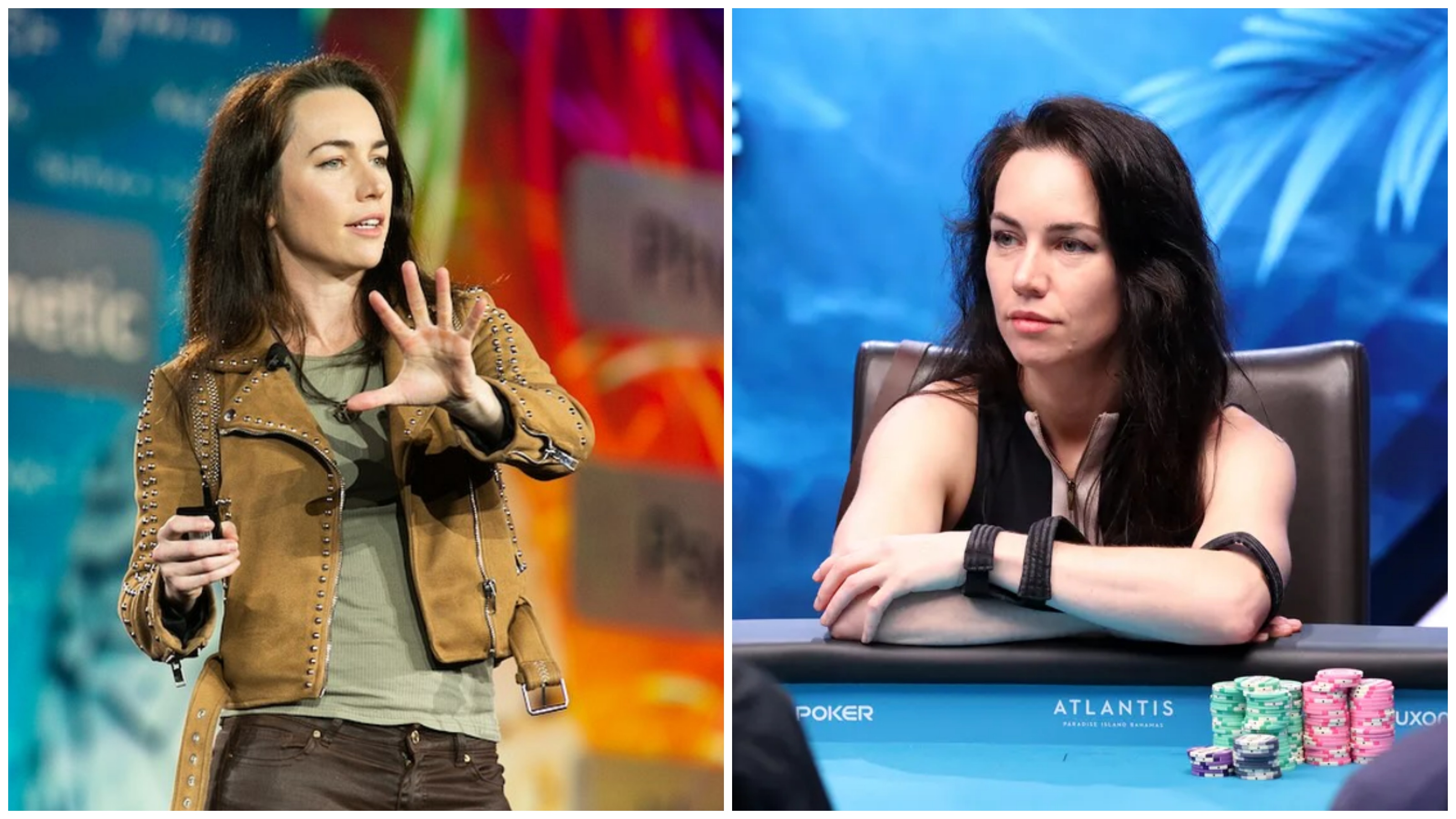Game Theory vs. Global Tilt
Liv Boeree has never seen poker as just a card game. Her real edge has always been an ability to read systems - reactions, incentives, and strategies. Today, she brings the same analytical skills to studying the evolution of artificial intelligence. She’s quick to point out that the world now feels uncomfortably like a high-stakes tournament: no one wants to fall behind, but if nobody slows down, we all lose in the end.
In her TED talk, The Dark Side of Competition in AI, Boeree describes AI development as an unstoppable race where tech giants, governments, and research labs all battle for first place. If anyone hesitates for the sake of safety, someone else immediately sprints ahead - much like no poker player wants to give up a free card to an opponent.
“It’s like everyone plays 4-bet or fold, but instead of a payout, the prize is global collapse.” One key phrase Boeree highlights is the Moloch Effect: a system where everyone acts in their own self-interest but everyone pays the price. It's the poker equivalent of a table full of players constantly 3-betting light, not because it’s optimal, but because game dynamics demand it - resulting in complete breakdown of the game itself.
From the Felt to the Spotlight
These days, it’s rare to see Boeree at the WSOP tables. One exception: last year’s WSOP Paradise in the Bahamas, where she made a storybook comeback, finishing fourth in the Super Main Event for 2.800.000$.
Instead of chasing bracelets, Boeree now makes her mark on the speaking circuit, delivering TEDx talks and running the YouTube channel Win-Win. Her videos are essentially a deep run for the mind - long-form conversations with scientists, philosophers, and security experts on topics like simulated reality, social dilemmas, and incentives. She doesn’t address audiences like an academic; she talks like a poker pro, with a focus on decision-making, risk, and optimization - making her message resonate with anyone who's ever sat down at the table.
Poker Logic in the Real World
In poker, GTO - Game Theory Optimal - is the unexploitable strategy: play it perfectly, and your opponents can only break even with you, never beat you. But Boeree argues that in real life, GTO is simply not enough.
AI development feels more like a hyper-aggressive cash game with no dealer, just players constantly looking for an edge and ratcheting up the pressure. The problem? No one really knows what’s coming on the turn - or the river. “This isn’t a heads-up match. It’s an eight-way multiway pot where nobody knows whose in position or who’s really holding the nuts.” The biggest rival? It isn’t another player or even a company - it’s Moloch, the system itself, pushing everyone toward an unintentional all-in.

When Winning Isn't Enough
Liv Boeree teaches us that not every game is about coming out on top - not everything is about who has the biggest stack or chooses the perfect spot to bluff. Sometimes, it’s about whether there’s even a game left to play. A world where AI races ahead without any brakes is like a table with no dealer and no rules. That’s exactly why we need voices at the table who understand what’s at stake.
Boeree’s story is a reminder that poker isn’t just about cards - it’s a mindset. It can help us see where we’re making mistakes far beyond the casino. If poker has been a masterclass in logic, decision-making, and high-pressure situations, perhaps it’s time to bring its lessons to the real world. Not every hand needs to be a win - sometimes, the best move is to change the game entirely.
Sources: YouTube, PokerNews, Ted, Instagram




